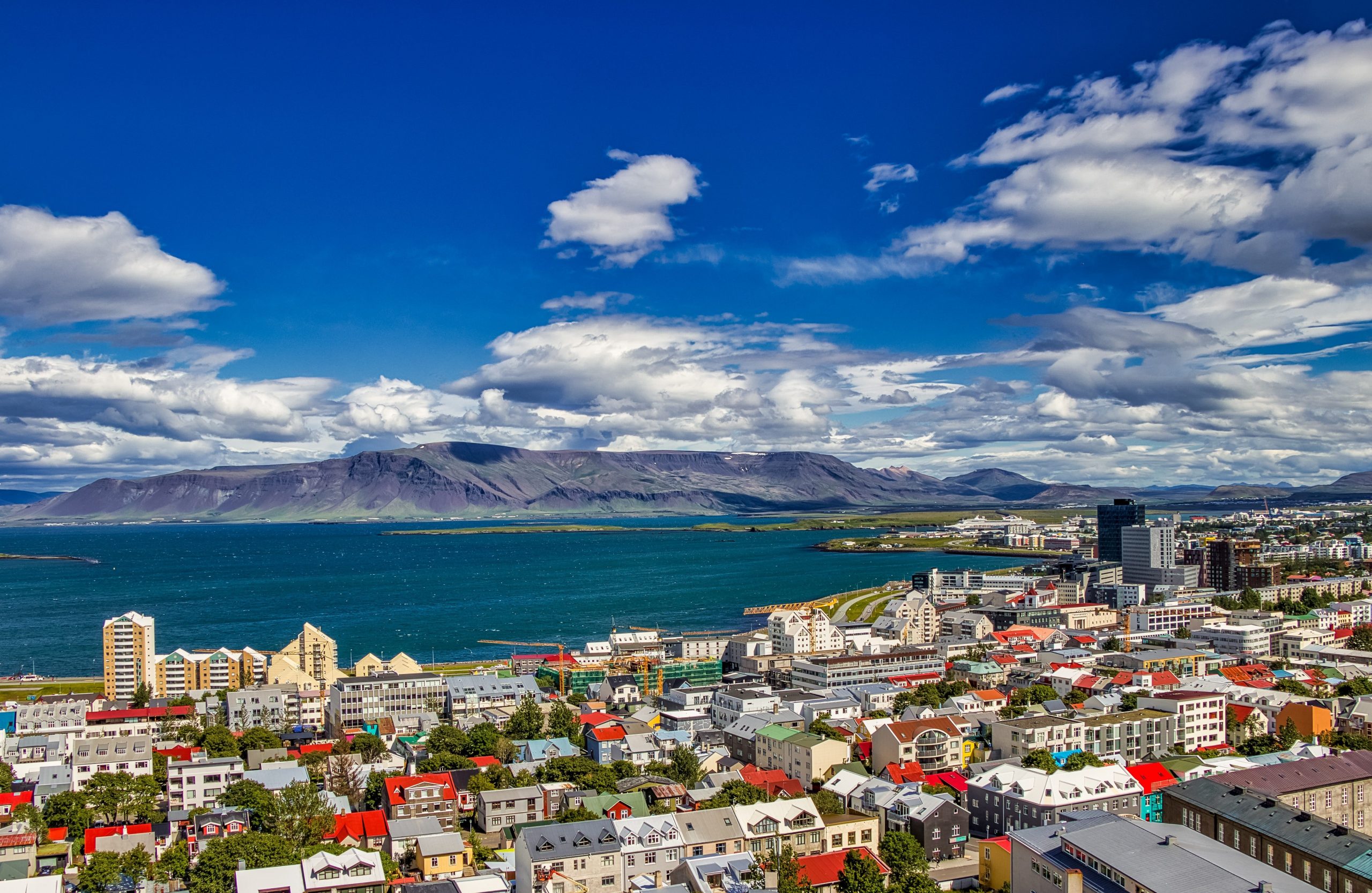Icelandic authorities announced the end of all Covid-19 restrictions on Saturday.
Iceland on Saturday became the first European country to lift all restrictions that have been imposed as part of measures to contain the novel coronavirus, according to the country’s ministry of health.
“We are restoring the society we are used to living in and which we have longed for,” Minister of Health Svandís Svavarsdóttir said on Friday.
“It’s a strange feeling, having so often been here… to announce tougher measures, but today’s the day we’re going to lift them,” Prime Minister Katrin Jakobsdottir said at a press conference.
The lifting of restrictions means social distancing, mask-wearing, limits on public gatherings and the opening hours of bars and restaurants will no longer apply from Saturday.
The ministry said that around 88% of the total population have received at least the first dose of the vaccine, which it claims is the highest rate recorded among comparable nations.
Starting from July 1, travellers with valid Covid-19 vaccination certificates will no longer have to undergo testing upon arrival, according to Iceland Review.
However, “travellers to Iceland born before 2005 who cannot present valid certificates of vaccination or proof of antibodies must present a negative PCR test certificate at the border, as well as undergo testing and five-day quarantine as before,” the report noted.
Read also: Qatar opens one of world’s largest vaccination centres
“These regulations will apply from July 1 until August 15, at which point authorities will review and revise rules as necessary.”
Earlier, the government abolished prioritisation of vaccinations, noting shots will be given according to the same guideline set for any other infectious disease.
Since June 15, Iceland has not recorded any new Covid-19 cases, according to data from the country’s coronavirus website.







